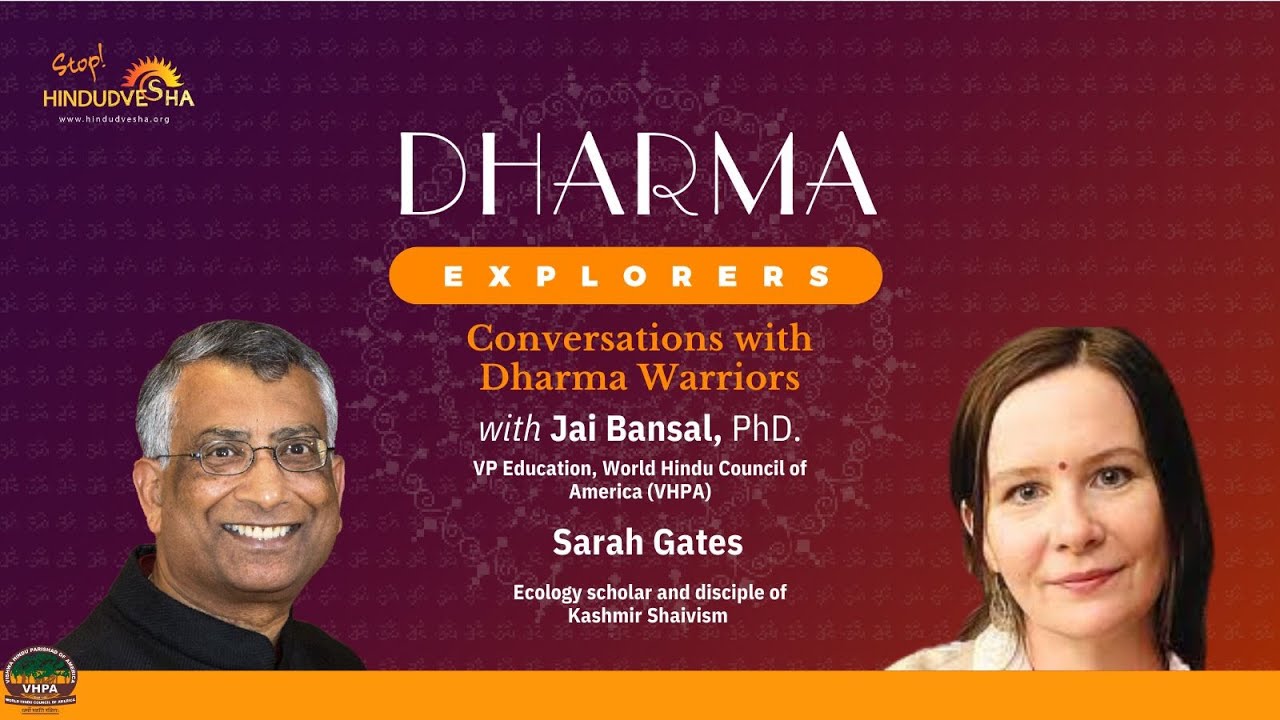Sarah discusses the secular environment of her childhood, which offered occasional Christian teachings but did not resonate with her. Her spiritual inclinations led her to explore various practices, and she eventually met her guru, setting her on a lifelong journey of learning and practicing traditional yoga. She emphasized the slow, deliberate process of learning and the importance of understanding each step deeply before moving on.
Sarah acknowledges the Western world’s role in popularizing yoga but criticizes its commercialization and detachment from its spiritual roots. She highlights the guru-disciple relationship as central to authentic yoga practice, emphasizing that yoga’s true teachings are diluted when separated from this traditional framework. The transformation of yoga into a corporate entity in the 1980s marked a significant departure from its spiritual essence.
Sarah also discusses the role of academics in diluting yoga. She notes that while valuable studies on yoga’s effects exist, many are conducted through fragmented methodologies that do not align with traditional knowledge. She stresses the importance of teaching yoga’s spiritual and philosophical aspects alongside its physical practices to provide a holistic understanding.
Sarah further points out how practices like mindfulness and relaxation response, rooted in Dharmic traditions, are often rebranded in the West, stripping them of their cultural and spiritual significance. This tendency to appropriate and modify Eastern practices reflects a deeper issue within Western culture.
On the issue of Hindu phobia, or Hindudvesha, Sarah explains that fear and misunderstanding of Hindu practices stem from historical prejudices and colonial attitudes. These misconceptions are perpetuated through media and academic representations, leading to a distorted view of Hinduism and its practices.
Sarah also emphasizes the power of Sanskrit and traditional terminology in conveying the true essence of yoga and other Dharmic practices. She argues that using English or incorrect translations can lead to a loss of meaning and cultural erosion.
Finally, on the impact of modernity on traditional values, particularly the balance of Dharma, Artha, Kama, and Moksha in contemporary life, Sarah acknowledges the challenges of maintaining this balance in a materialistic world but emphasizes that modernity and Dharma can coexist. She encourages practitioners to integrate traditional teachings into their daily lives, regardless of their external circumstances, to achieve spiritual growth.
In closing, Sarah urges yoga teachers and practitioners to remain true to the traditional teachings and resist the pressures of commercialization and cultural appropriation. She expresses optimism that with proper guidance and commitment, the true essence of yoga and Sanatana Dharma could be preserved and appreciated globally.




